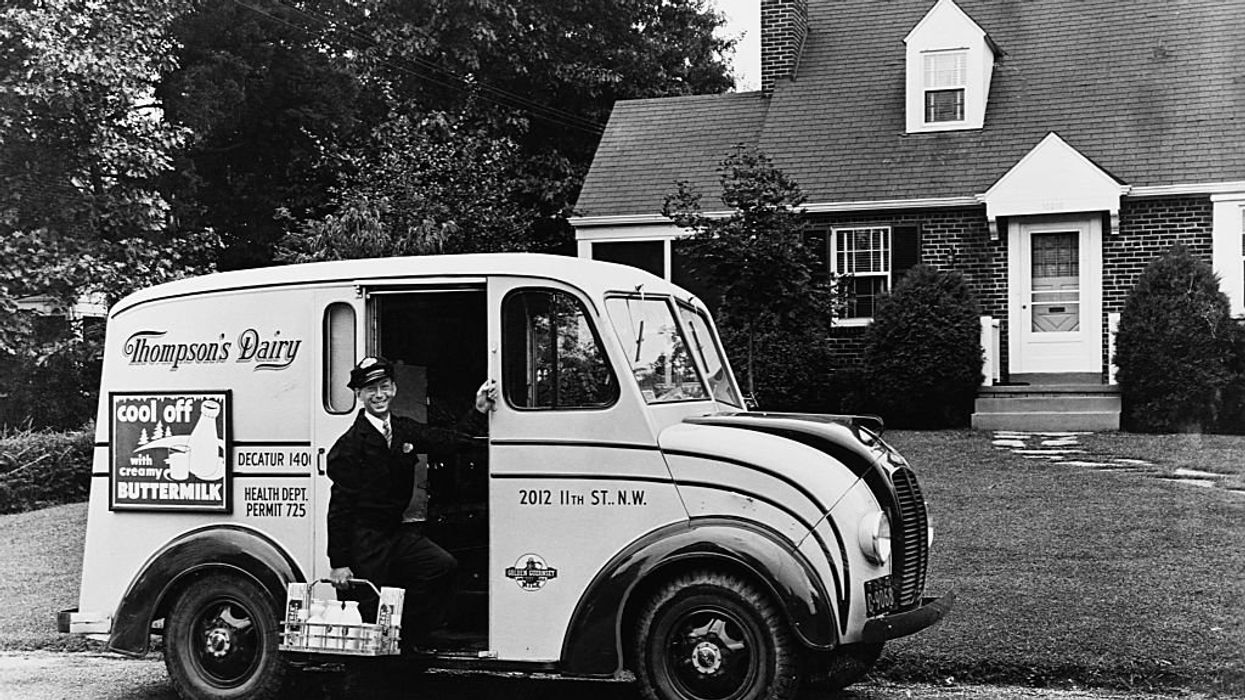
© 2024 Blaze Media LLC. All rights reserved.
"Incompetent people are inherently unable to judge the competence of other people, or the quality of those people's ideas."
It's almost inevitable whenever any political group loses an election that they blame the stupidity, gullibility and/or lack of moral character on the part of their opponents for the loss. When George W. Bush won reelection in 2004, liberals infamously tried to claim that stupid people preferred Bush by a 4-to-1 margin over Kerry. Similarly, in his book Vision of the Anointed, economist Thomas Sowell observed:
Disagree with someone on the Right and he is likely to think you wrong, obtuse, foolish, a dope. Disagree with someone on the Left and he is likely to think you insensitive, selfish, a sell-out, possibly evil.
But instead of any particular political party, what if the entire enterprise of democracy is the problem because most voters on either side are wrong, obtuse, foolish and dopey? That's the conclusion of a new study led by Cornell University psychologist David Dunning, which shows that the vast majority of voters are not only too stupid or ignorant to know that they are stupid or ignorant, but also too stupid or ignorant to tell when the same is true of a candidate.
LiveScience explains:
Incompetent people are inherently unable to judge the competence of other people, or the quality of those people's ideas. For example, if people lack expertise on tax reform, it is very difficult for them to identify the candidates who are actual experts. They simply lack the mental tools needed to make meaningful judgments.As a result, no amount of information or facts about political candidates can override the inherent inability of many voters to accurately evaluate them. On top of that, "very smart ideas are going to be hard for people to adopt, because most people don’t have the sophistication to recognize how good an idea is," Dunning told Life's Little Mysteries.
He and colleague Justin Kruger, formerly of Cornell and now of New York University, have demonstrated again and again that people are self-delusional when it comes to their own intellectual skills. Whether the researchers are testing people's ability to rate the funniness of jokes, the correctness of grammar, or even their own performance in a game of chess, the duo has found that people always assess their own performance as "above average" — even people who, when tested, actually perform at the very bottom of the pile.
Many observers will probably be tempted to dismiss these results as politically motivated. After all, according to campaign finance records, Dunning donated several times to Obama for America in 2008. Yet this same argument has been made by figures on the right side of the political spectrum. Specifically, libertarian economist Bryan Kaplan made the argument in his 2007 bookThe Myth of the Rational Voter: Why Democracies Choose Bad Policies. Moreover, Public Choice economist (and libertarian) James Buchanan, of George Mason University, won the Nobel Prize in Economics partially for his work on the "rational ignorance" of voters.
Want to leave a tip?
We answer to you. Help keep our content free of advertisers and big tech censorship by leaving a tip today.
Want to join the conversation?
Already a subscriber?
more stories
Sign up for the Blaze newsletter
By signing up, you agree to our Privacy Policy and Terms of Use, and agree to receive content that may sometimes include advertisements. You may opt out at any time.
© 2024 Blaze Media LLC. All rights reserved.
Get the stories that matter most delivered directly to your inbox.
By signing up, you agree to our Privacy Policy and Terms of Use, and agree to receive content that may sometimes include advertisements. You may opt out at any time.


